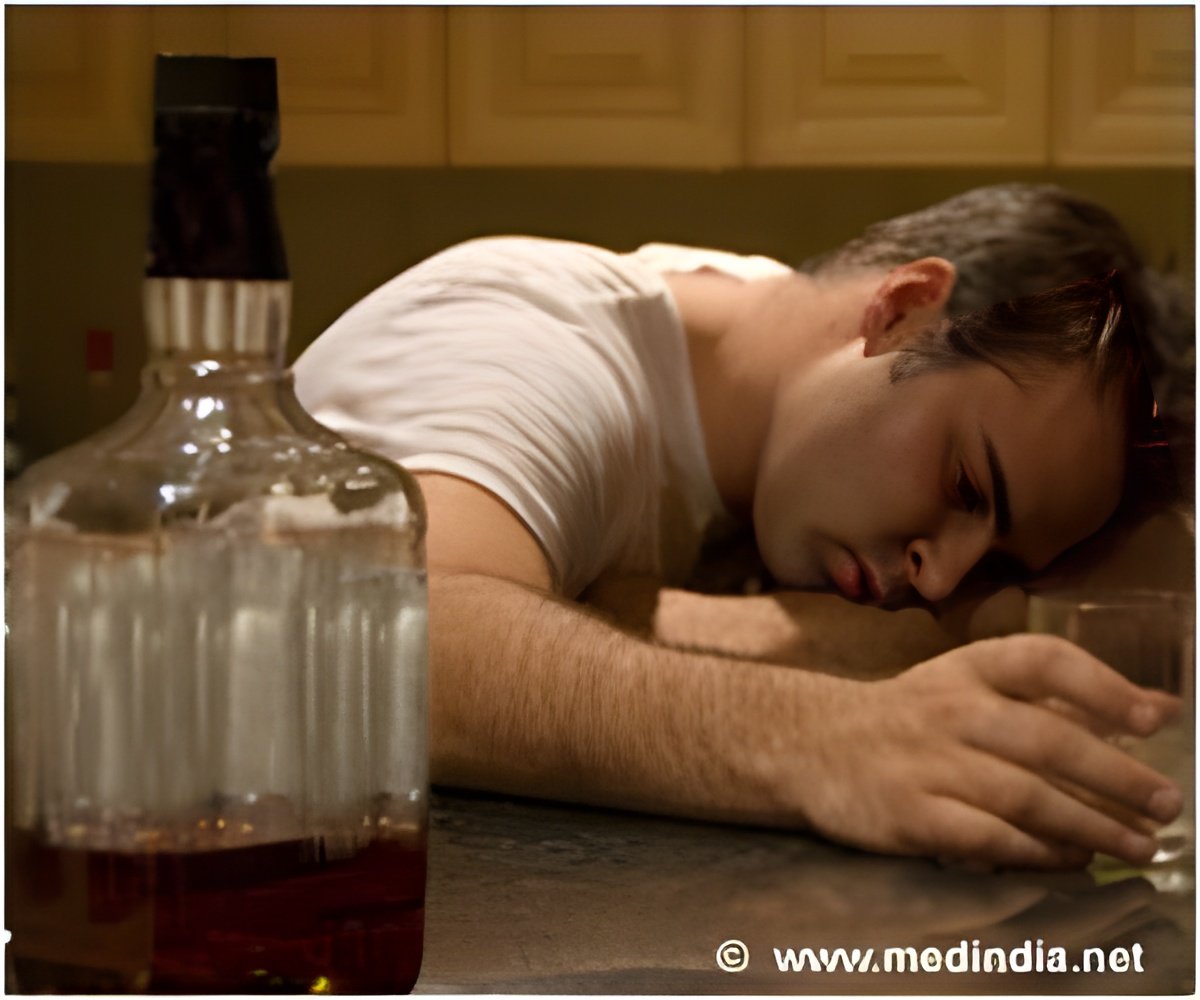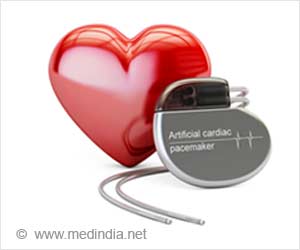A smartphone application is found to help reduce risky drinking days for patients with alcohol use disorder, compared to patients who received usual care after leaving residential treatment.

The authors randomized 349 patients with alcohol dependence leaving three residential programs to treatment as usual (n=179) for a year or treatment plus a smartphone (n=170) with the Addiction-Comprehensive Health Enhancement Support System (A-CHESS) application. The application featured audio-guided relaxation and alerts if patients neared a high-risk location, such as a bar they used to frequent.
Patients who used the smartphone application reported fewer risky drinking days (when a patient's drinking in a two-hour period exceeded four standard drinks for men and three for women) compared with controls (an average 1.37 fewer risky drinking days in the smartphone application group). A standard drink is a 12-ounce beer, 5 ounces of wine or 1.5 ounces of distilled spirits. Patients using the smartphone application also had a higher likelihood of consistent abstinence from alcohol.
"The promising results of this trial in continuing care for AUDs point to the possible value of a smartphone intervention for treating AUDs and perhaps other chronic illnesses."
Source-Eurekalert












